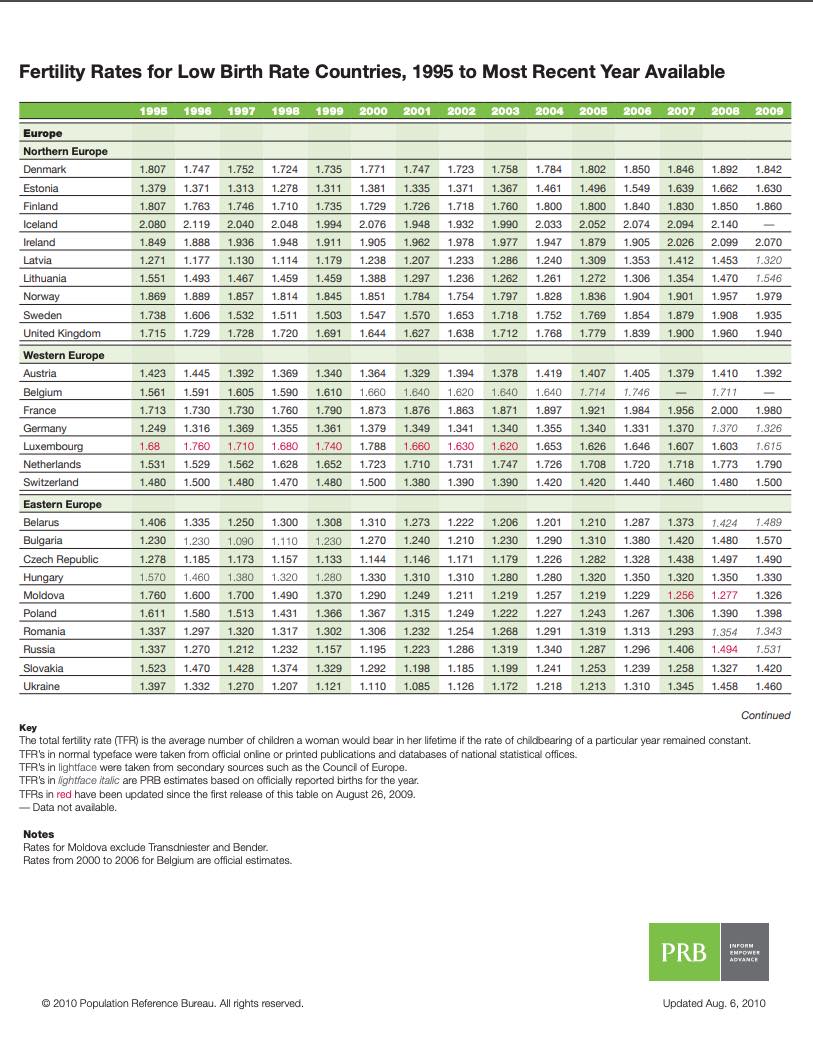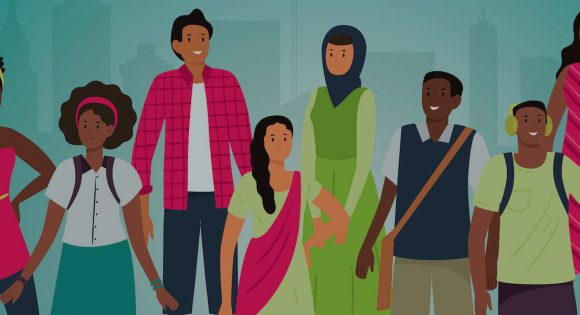537 Search Results Found For : "❤️ Dating for me: www.Dating4Me.site ❤️ Is Nash Grier Dating"

Gender-Based Violence Increases Risk of HIV/AIDS for Women in Sub-Saharan Africa
(2011) Approximately 68 percent of people infected with HIV worldwide live in sub-Saharan Africa, where the virus disproportionately affects women.
Rising Global Food Prices Threaten to Increase Poverty
(2011) Global food prices have been rising, threatening to reach record levels in the coming months if current trends continue.
Sexual Behavior and Contraceptive Use Among Youth in West Africa
(2009) Youth around the world—especially young women—experience a high risk of unplanned pregnancy and HIV because of their limited knowledge about sexual and reproductive health. Sexual behaviors among youth can include positive practices, such as abstinence and condom use, or lead to negative outcomes such as unplanned pregnancy and the spread of sexually transmitted infections (STIs).
Migration of Workers Affects Supply of Scientists and Engineers in U.S.
(2007) States increasingly consider science and technology resources to be an asset in developing a strong economic advantage. As a result, strategies for training, attracting and retaining scientists and engineers have become more important state and national public policy issues.
Research Technical Assistance Center (RTAC)
RTAC serves as a strategic resource to the United States Agency for International Development, leveraging academic researchers’ scientific expertise to provide research, specialized training, and short-term technical assistance.


